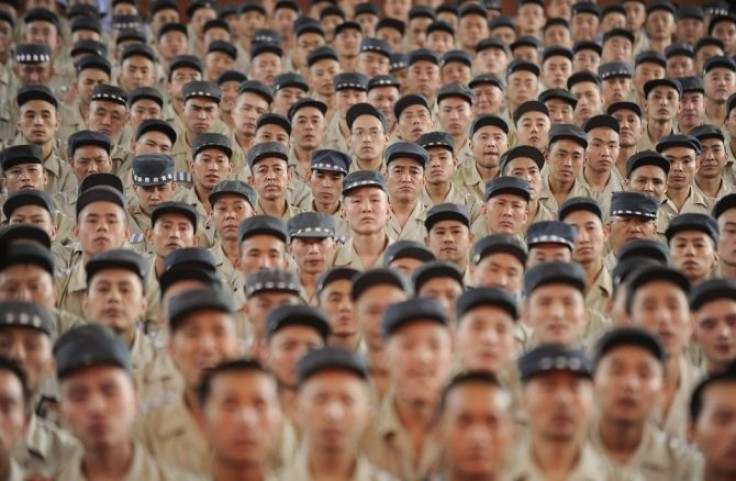China Plans to End Executed Prisoner Organ Donations in 5 Years

China said that it planned to end the practice of taking organs from executed prisoners within three to five years, according to the state media report on Friday.
Instead, China’s vice minister of health Dr. Huang Jiefu said that the country will rely on a new national donation system for organ transplants at a conference in the city of Hangzhou on Thursday.
“The pledge to abolish organ donations from condemned prisoners represents the resolve of the government,” he said, according to the state-run Xinhua news agency.
The state media previously estimated that prisoners accounted for two-thirds of China’s transplant organs, and while many human rights groups say that death row inmates are pressured to donate organs, China denies such allegations.
Chinese health officials said that the sheer volume of organs needed and insufficient organ donations by the public may make the country’s plan to reduce reliance on prisoners for organ donation difficult to achieve within the timeframe set out.
Government figures from the health ministry show that about 1.5 million people in China need transplants, but only 10,000 transplants are performed annually, according to Xinhua.
Xinhua quoted the vice minister of health as saying that a trial system for public organ donation has been launched in 16 of the nation’s 31 provincial-level regions.
While Dr. Huang did not bring up any ethical issues involved in taking organs from prisoners at the conference, he said that organ donations from prisoners were not ideal because rates of fungal and bacterial infection in prisoner organs were quite high, and affected the long-term survival rates of those who undergo the transplants.
Some human rights groups estimate that China puts to death thousands of prisoners annually, but official figures are a state secret, according to BBC correspondents.
The country faces a severe shortage of organ donors, partly because many Chinese people do not want to donate organs because of the cultural belief that people should be buried whole, BBC reported, which has led to a thriving black market.
While officials banned organ trafficking in 2007, it still remains a problem.
The state media reported that the government adopted a revision to China's Criminal Law to single out criminal activity related to transactions involving human organs. Criminals convicted of "forced organ removal, forced organ donation or organ removal from juveniles" could face homicide charges as a result of the revision, Xinhua said.



























